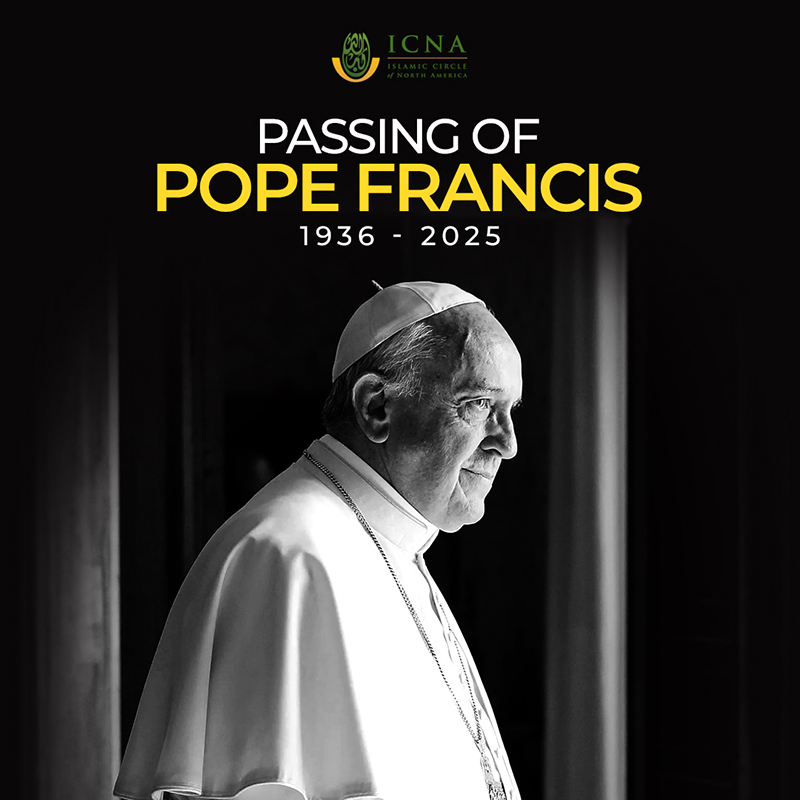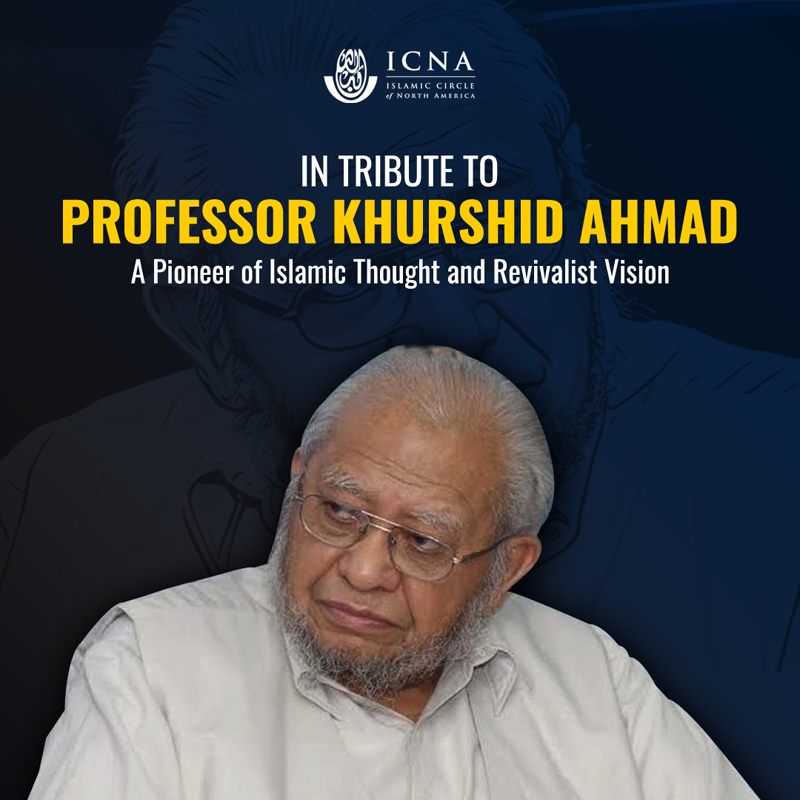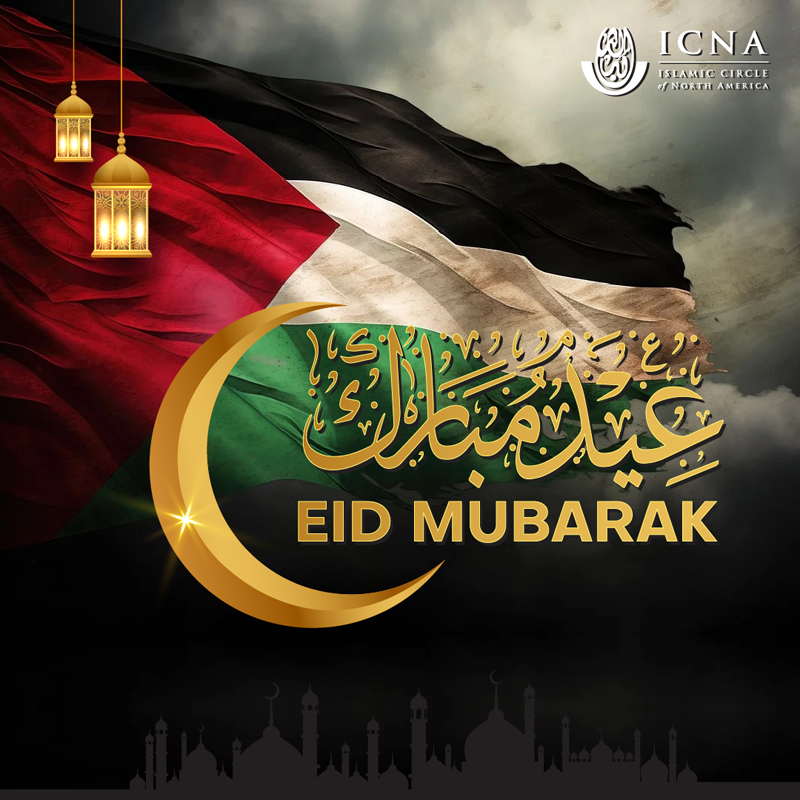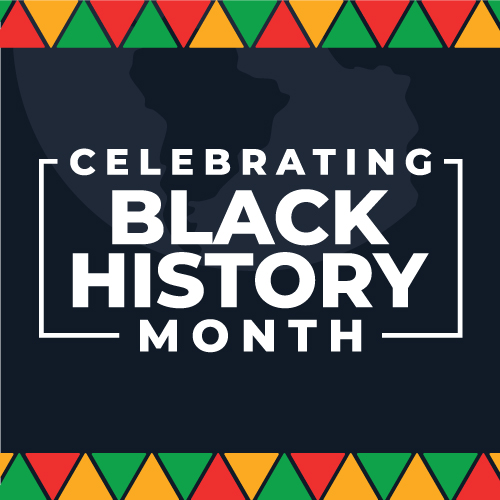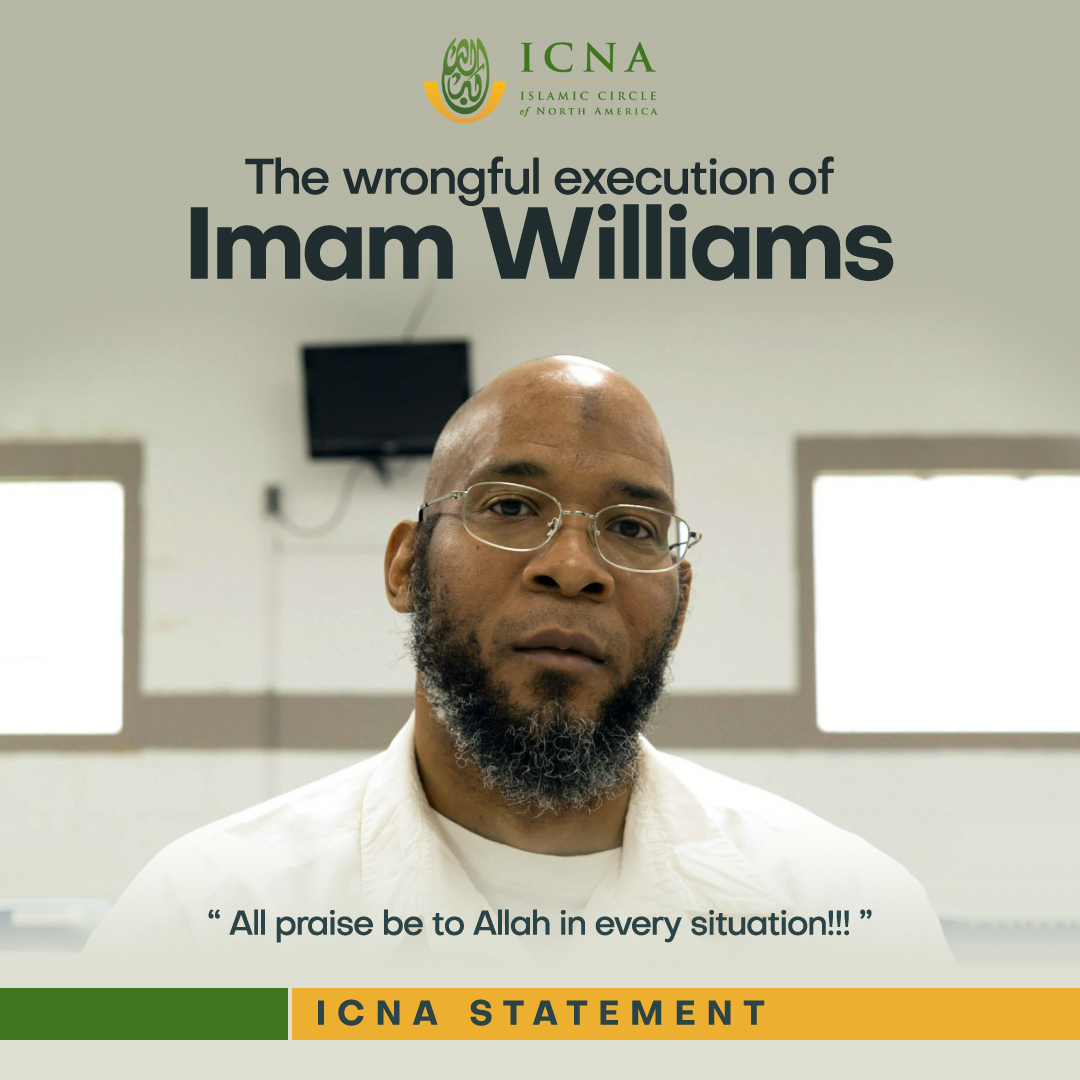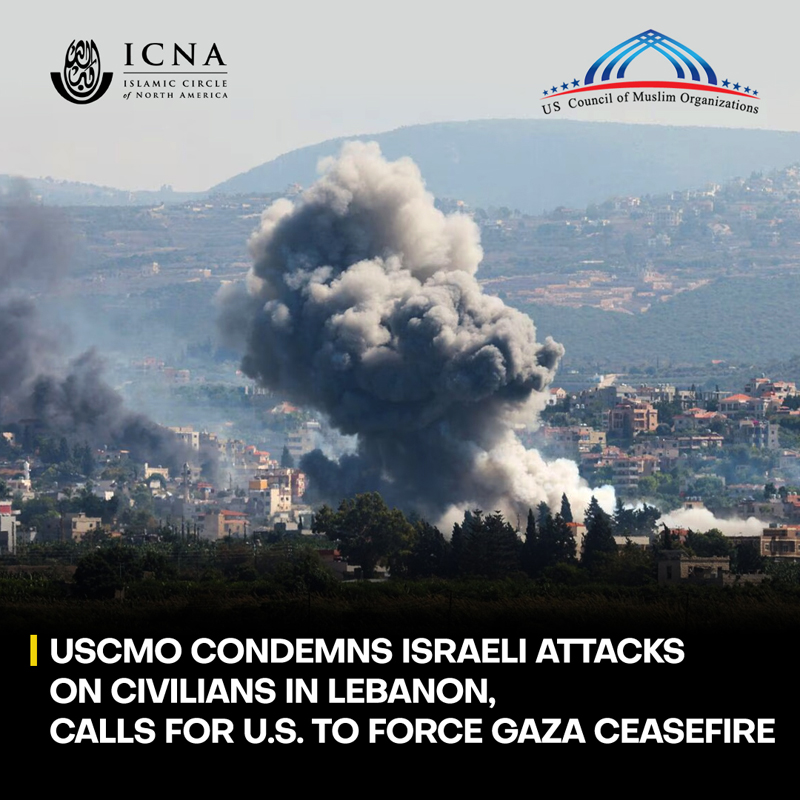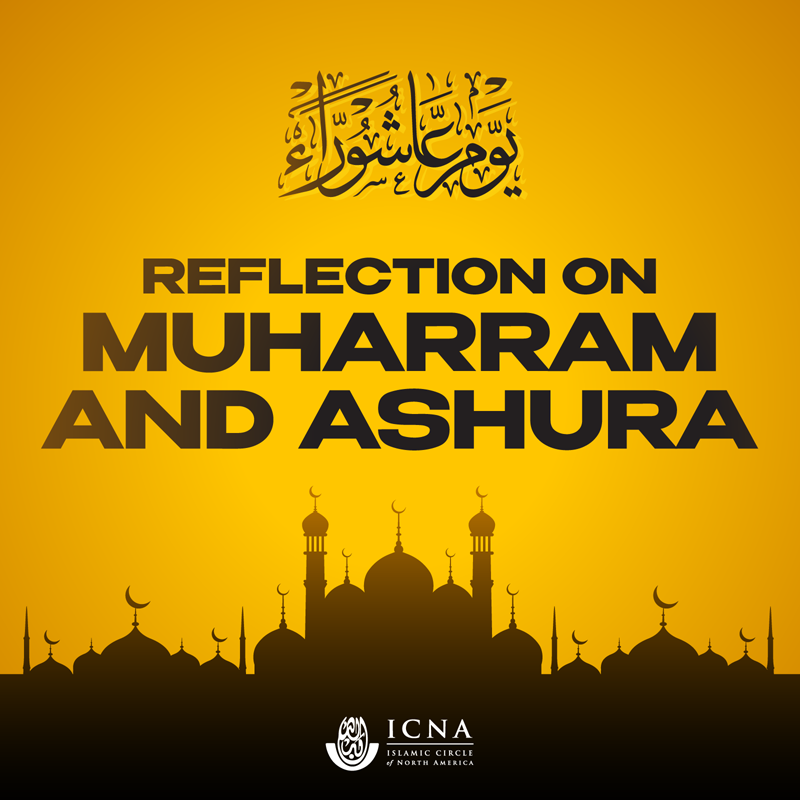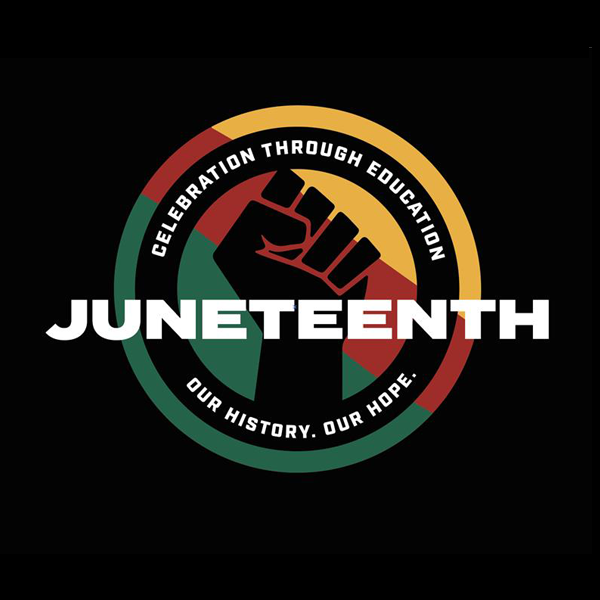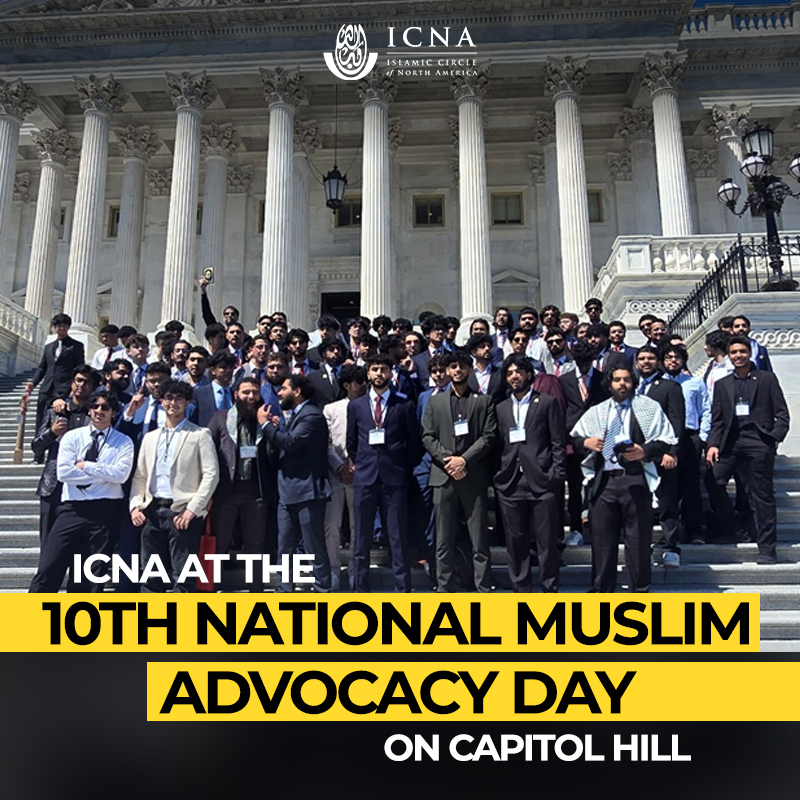
ICNA at the 10th National Muslim Advocacy Day on Capitol Hill
Alhamdulillah, ICNA marked a historic presence at the 10th Annual National Muslim Advocacy Day on Capitol Hill, hosted by the U.S. Council of Muslim Organizations (USCMO). This milestone event brought together Muslim leaders, activists, and constituents from across the nation to engage directly with members of Congress on pressing domestic and international issues. Under the theme “Defending Rights, Shaping Policy,” the 2025 National Muslim Advocacy Days centered on urgent and timely issues—including the protection of free speech, safeguarding students and campuses from threats and intimidation, defending civil rights and religious freedoms, and responding to grave humanitarian crises in Gaza and Sudan, as well as the ongoing persecution of Uyghur Muslims in China. The event powerfully underscored the critical need for the American Muslim community to hold elected officials accountable and to remain actively engaged in shaping national policy. ICNA’s delegation was the largest in the country, with nearly 325 registrants from 19 states, including nearly 200 dynamic youth and young adults from Young Muslims (YM). ICNA Sisters were also prominently represented, led by Sr. Sumaira, showcasing ICNA’s commitment to fostering inclusive civic participation. At the Capitol Hill evening reception, ICNA was honored as the top participating organization with the highest number of attendees. ICNA President Br. Saad Kazmi graciously invited Br. Ammar Siddiqui from Young Muslims to accept the award on behalf of the movement. The recognition highlighted ICNA’s strong grassroots infrastructure and the youth organizations growing role in national advocacy. Prominent guests included Congresswomen Rashida Tlaib, Ilhan Omar, and Latifa Simmons, along with leaders from major national Muslim organizations. Their attendance served as a reminder of the increasing visibility and impact of American Muslims in the civic and political spheres. Logistics for ICNA’s participation—including webinar-based training, hotel accommodations, transportation, meals, meeting schedules, and event coordination—were expertly managed by the ICNA Council for Social Justice (CSJ) team. A special hotel-based evening session, also hosted by CSJ, brought together six ICNA Ameers: Dr. Talat Sultan, Br. Zahid Hussain, Br. Naeem Baig, Br. Javaid Siddiqi, Br. Mohsin Ansari, and Br. Saad Kazmi, alongside ICNA Sisters President Sr. Sumaira. This Advocacy Day continues a tradition that began in 2015 when USCMO first launched this initiative to connect Muslim communities with lawmakers and advance a legislative agenda rooted in equality, social justice, and religious freedom. It has since become a powerful platform for fostering lasting relationships between American Muslims and policymakers, promoting a more inclusive and just society for all. In follow-up, CSJ will conduct a survey of attendees to gather feedback, identify areas of improvement, and encourage continued local engagement in advocacy efforts across the country, In Shaa Allah. ICNA President Br. Saad Kazmi encouraged attendees to carry the energy and training from the Advocacy Days back to their cities and towns, urging them to continue the vital work of social justice and advocacy at the local level. With meticulous planning and broad community support, this year’s event was executed seamlessly. May Allah swt accept the efforts of all involved and allow us to build upon this momentum in the service of our Deen and country.Ameen.


